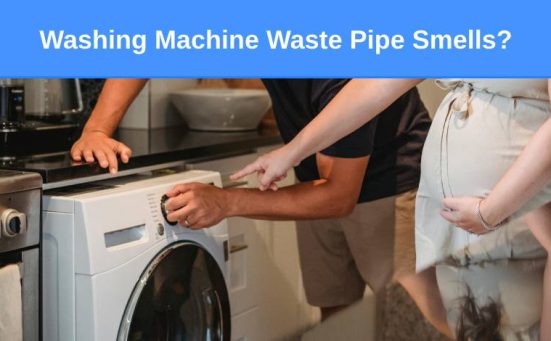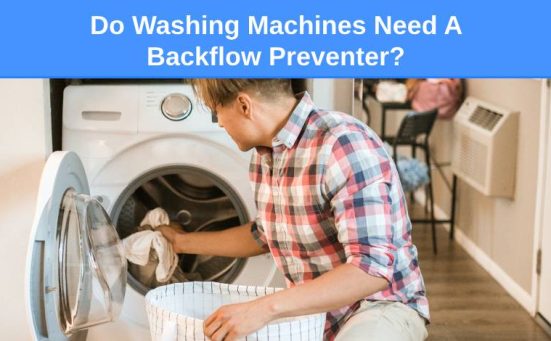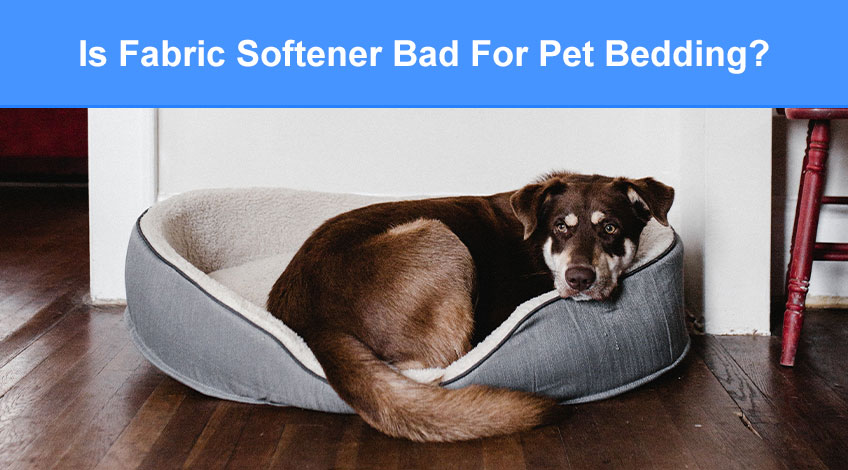
Is Fabric Softener Bad For Pet Bedding (dogs & cats)?
The harsh reality is fabric softener is bad for everyone, humans, pets as well as wildlife and aquatic life. You need to be extra careful when pets are around on wash days. That old saying “curiosity killed the cat” could well come true.
This is because of all the harmful chemicals present in fabric softeners (more on this later). If your cat or dog were to get hold of a dryer sheet or accidentally step in any spilled fabric softener, it could have very serious consequences indeed.
What Is Fabric Softener & How Does It Work?
Fabric softener comes in either a liquid form or as a sheet coated in the same chemicals which is used in the tumble dryer. It was developed during the 1960s to help combat the harsh dyes, detergents and rough treatment of the washing machine and tumble dryer.
These all combined to leave the laundry hard, stiff and scratchy. The chemicals in fabric softeners are designed to soften fabrics, reduce static and leave laundry with a fresh, pleasant fragrance. It does this by coating the fabric with many chemicals which can be the start of many problems.
What’s Wrong With Using Fabric Softeners?
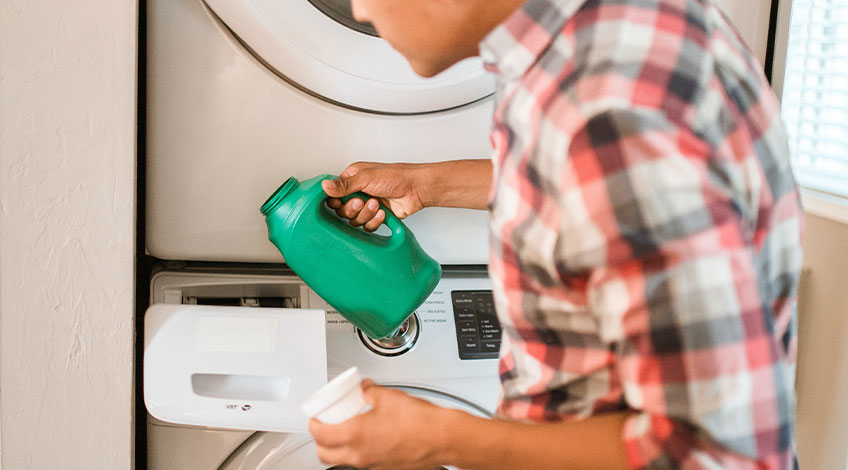
There are several reasons why it’s not a good idea to use fabric softeners which include;
Laundry Doesn’t Get Cleaned
As the chemicals build up on the fibres of the fabric, it makes them lose the ability to absorb water. The way washing clothes works is by the fibres absorbing water which helps to loosen the dirt, sweat and bacteria which then gets washed away with the detergent and rinse cycles.
If the fabrics lose the ability to absorb water, that washing process cannot work. Which leaves the laundry dirty, sweaty, smelly as well as germ and bacteria full.
Causes Health Problems
The multiple chemicals used to make fabric softener have been scientifically linked to several health issues ranging from mildly irritating to outright life threatening. Some of the chemicals used like;
Benzyl Alcohol and Glutaraldehyde are known to cause allergic skin reactions and respiratory problems including asthma.
Others like Hexylene Glycol are also known to cause the same as the above but can also affect the eyes as well. While Ethanol has been linked with disorders in the central nervous system, and Benzyl Acetate has been linked with pancreatic cancer!
As if this wasn’t bad enough, fabric softeners also contain Quaternary ammonium compounds (quats) which are used for their anti-static properties. Quats are also linked to a number of health related issues including;
- Skin Allergies
- Respiratory & Breathing Problems (including asthma)
- Reproductive issues
- Anaphylactic Shock
These symptoms and health related problems are all found in humans when exposed to these harmful chemical compounds. Their effect is even greater on our pets when you consider how much more sensitive animals are to such chemicals.
Environmental Problems
As these chemicals are washed away with the waste water from our washing machines, they get flushed into our rivers and oceans. Many are non biodegradable which means they can last for many years.
This can lead to a disruption of aquatic life including fish, invertebrates, plants and algae. As some of these chemicals can last for many years they can create “dead zones” in our waterways where nothing can thrive.
Fire Hazard
Another less well known problem with fabric softeners is that they coat fibres with a waterproof coating that prevents water from penetrating. Worse still is that some of the chemicals present in this coating are flammable.
If any item of your clothing has been treated with a fire retardant and it gets coated in fabric softener, you’ll find it is probably far more flammable now than it was before receiving the fire retardant treatment.
Fabric Softener Poisoning In Pets
Many of our household pets are curious, especially dogs and cats. This means they could get hold of a dryer sheet either in the clean washing pile or left on the side in the utility room.
Many of us keep our cat litter tray in the utility room because it’s out of the way and easy to deal with. This means your cat is used to entering that space and anything in that space is fair game for the cat to investigate.
Dogs are also incredibly curious and playful and would likely rip a dryer sheet to shreds just for the fun of it. You should always keep dryer sheets as far away from pets as possible.
Also, any liquid fabric softener spilled on the floor, however small needs to be cleared away immediately. If a cat or dog were to inadvertently tread in fabric softener it will absorb some of the chemicals through the paws.
Plus the animal will then lick the paw to remove the foreign substance and is also likely to end up with a small amount in the eye as the paw is in close contact with the face.
If you even only suspect that your pet has come into contact with fabric softener, you need to contact the vet right away! This is because fabric softeners contain substances that can cause mouth ulcers, sickness, seizures, fluid on the lungs, collapse and even death.
Fabric softeners also contain cationic detergents which are corrosive and can cause injury to the eyes, nose and skin.
What Are The Symptoms Of Fabric Softener Exposure In Pets?
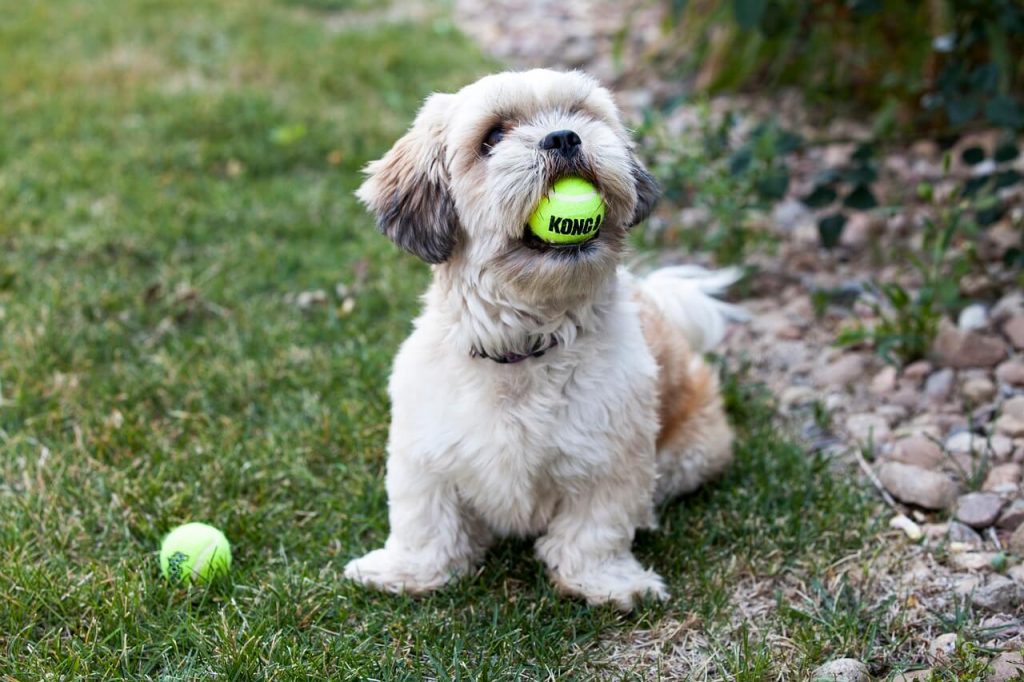
The likely symptoms of fabric softener exposure in pets get more severe depending on how long the animal was exposed to it, the type of product and which part of the animal is affected. You can expect;
Signs Of Skin Exposure
- Redness
- Ulcers
- Pain
- Swelling
Signs Of Oral (mouth) Exposure
- Fast Breathing
- Wheezing
- Panting Excessively
- Burns
- Vomiting
- Ulcers
- Swollen Tongue
- Coughing
- Loose Stools (diarrhoea)
- Drooling
- Tiredness
- Lack Of Interest
Signs Of Ocular (eye) Exposure
- Swollen, Closed Eyes
- Redness
- Watering
If your pet has ingested large amounts of fabric softener they could also be suffering from symptoms including;
- Seizures
- Muscle Weakness
- Collapse
- Severe Difficulty Breathing
- Coma
As soon as you discover that your pet has been exposed to fabric softener, wash the affected area with clean water immediately and encourage your pet to drink as much water as possible. Then get them to the vets as soon as possible.
If you suspect that your pet is suffering from fabric softener poisoning, remember to take the fabric softener with you to the vets in its original container. This will help to give the vets some idea of what they are dealing with.
Safe Alternatives To Fabric Softeners
We don’t recommend ever using fabric softeners because of the harmful effects they can have on people, pets and the environment. Instead we recommend using any of the following safe natural ways to soften your clothes.
Distilled White Vinegar
- PERFECT FOR COOKING - Use in vinaigrettes, sweet-and-sour dishes, marinades, pickles, chutneys, and butter sauces. Or infuse with fresh herbs to make flavoured vinegar. Whatever the occasion our Fresh White wine vinegar will be perfect.
- FABRIC SOFTENER - This white vinegar is perfect for households that have pets and children around as well as commercial premises where health and safety is of paramount importance
We must stress to prevent staining, you should use only white vinegar. All you need to do is add ½ a cup of white vinegar to the rinse cycle when doing your laundry to soften clothes and help fix colours too.
Bicarbonate Of Soda
- ECO-FRIENDLY: Sodium Bicarbonate / Baking Soda is one of the top eco-friendly , safe and inexpensive cleaning, baking and household products available.
- CLEANING: Baking Soda is particularly useful in food preparation, cleaning surfaces, ovens, grills, microwaves and fridges whilst also deodorising and freshening without leaving any harsh chemical smells.
This product softens the water as well as the fabrics which means you can use less detergent as well. Just add ½ a cup to the regular wash cycle.
Wool Dryer Balls
- 【Handmade & High-Quality 】- Made of 100% premium New Zealand wool. Completely handmade, and contains no fillers, no chemicals, or synthetics.
- 【Reusable】- These woolen balls can be used hundreds of times in the tumble dryer to speed up the drying process, remove lint and reduce static from the laundry load!
Wool dryer balls should be used in the place of dryer sheets in tumble dryers. They reduce drying times by around ¼ and work by bouncing around the drum. Whilst bouncing they bash into the laundry and remove any clumps or hardened patches.
If you don’t have any wool dryer balls, you could use clean tennis balls instead. However you should never use tennis balls on a high heat setting as they’re liable to become damaged. A low or medium heat is safe for tennis balls, nothing higher.
What About Washing Pet Beds?
Pet beds can become filthy, germ and insect harbourers and as such will need to be washed at regular intervals. But with all this talk of harmful chemicals and the effects they can have on our pets, how can we safely clean our pet’s beds?
Pets beds can be breeding grounds for fleas, ticks, mites, e.coli and salmonella. So they need to be cleaned regularly. To safely clean your pets bed simply do the following;
Remove As Many Hairs As Possible
- ❤️️ 【Perfect Pet Hair Remover Roller】: The pet hair remover roller has a very effective fleece force and made of a semi roller coated with a static charge material. Just a couple of passes, you can collect much more hairs from fixed areas like Carpet, Furniture, Rugs, Stairs, bedding and Sofa. You can use it back and forth but it is better if you use it towards the back.
- ❤️️ 【Can be Used on Any Material】: It picks up every single pet hair from those highly sticky hairs, eg Velvet/ Cloth Sofas, Rugs, Carpets, Beds, Cushions, Curtains, Pillows and Kennel!❤️️Please Notes: It didn’t work well on those too smooth and hard material surface.
Dogs and cats shed hair, more so in hot summers but also in the winter months too. Give your pets bed a good vacuuming or use a decent lint roller. Then shake off any excess that remains outdoors.
Pretreat Stains With A Pet Friendly Stain Remover
- The formula has been specifically designed to clean mess from pets such as vomit, urine and faeces, completely ridding your home of odours and discouraging pets from repeat marking
- Safe for use on carpets, upholstery, sofas, bedding, curtains, clothing and any other water-safe surfaces
It is possible to use your regular stain remover as it will be washed off in the washing machine but we like to err on the side of caution. We love our pets and don’t want them to suffer in any way and we definitely don’t need any expensive vets bills either.
Wash The Pets Bed In The Washing Machine
- This dog bedding laundry detergent by Pretty Pooch effectively deodorises and cleans your pet bedding
- It leaves behind a beautiful Fresh Linen fragrance and completely neutralises lingering odours
Use a pet friendly detergent and never add fabric softener. If your washing machine doesn’t have the capacity to fit your pets bed, use the bath.
Air Dry The Pets Bed
Drying your pet’s bed in natural sunlight is an environmentally friendly way to dry it and exposure to the sun’s ultraviolet rays will remove any lingering smells.
If the weather’s too bad or you don’t have access to an outdoor drying space, you can use a tumble dryer on a low heat setting ensuring not to add a dryer sheet.
SEE ALSO: Is Fabric Softener Bad For Your Washing Machine?
Frequently Asked Questions
You should never use a fabric softener on dog bedding because the chemicals used to make fabric softeners are harmful to dogs. They can cause multiple problems including skin issues, eye problems, swelling of the mouth, ulcers and internal problems.
Fabric softener is harmful to cats. The chemicals used to make fabric softeners can cause skin irritation, mouth ulcers and internal problems and should never be used on your cat’s bedding or anywhere that cats can access.
The best thing to use to wash your dog’s bedding is a pet safe detergent. To make the bed softer after washing you can add ½ a cupful of distilled white vinegar to the rinse cycle. Never use fabric softener.







